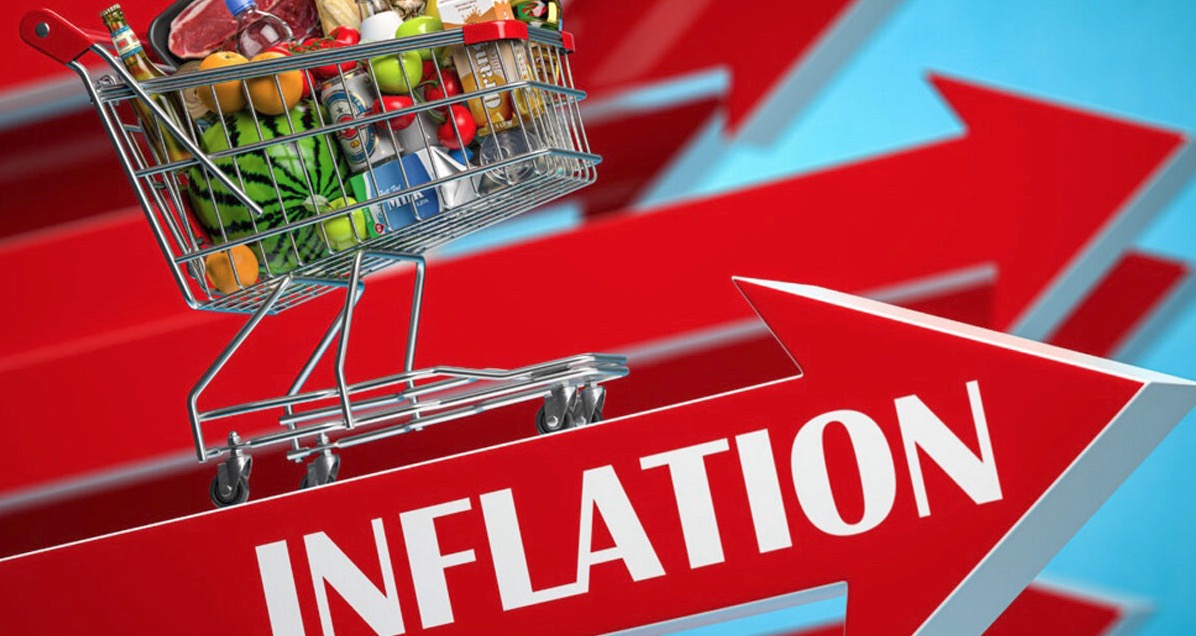Americans are spending more than eleven percent of their disposable income just to feed their families, and it is the most food has cost since 1991, according to government data.
The sharp rise in the cost of food soared to 11.3 percent of disposable income in 2022, according to data from the U.S. Dept. of Agriculture, the Wall Street Journal reported on Wednesday.
Prices at restaurants have jumped 5.1 percent over Jan. of last year and grocery store prices have increased 1.2 percent over the same period, according to the Department of Labor.
Prices won’t come down any time soon, either, as inflation has caused the price of everything — from transportation, to raw materials, to labor — to skyrocket. Indeed, the paper noted that food prices will probably never come down as they rarely fall after they are hiked in tougher times.
Instead of blaming himself and his disastrous economic policies, President Biden is lashing out at the business sector and accusing businesses of gouging people.
“The American public is tired of being played for suckers,” Biden said early this month. “I’ve had enough of what they call shrinkflation. It’s a rip-off.”
While you were Super Bowl shopping, did you notice smaller-than-usual products where the price stays the same?
Folks are calling it Shrinkflation and it means companies are giving you less for every dollar you spend.
I’m calling on the big consumer brands to put a stop to it. pic.twitter.com/wL1NsEh78F
— President Biden (@POTUS) February 11, 2024
The Bidenflation epidemic has seriously impacted restaurants, many of which are small businesses. Despite coming off so many absurd COVID lockdowns in 2022, restaurants saw customer counts falling in 2023, the WSJ added.
Many Democrat-infested states are making this all even worse by passing laws making wild increases in their state Minimum Wages, forcing restaurants to pay marginal, low-skilled employees even more just as fewer customers are eating out and costs are skyrocketing otherwise.
Meanwhile, credit card debt is also soaring as Americans struggle to maintain their lifestyles even as the buying power of their stagnant incomes fall.
Credit Card payment delinquency has surged more than 50 percent since 2008.
BREAKING: Credit card debt delinquency rates surged more than 50% in 2023 to their highest level since 2008, according to the NY Fed.
Last quarter alone, total credit card debt in the US jumped $50 billion to a record $1.13 trillion.
Auto loan delinquency rates also surged… pic.twitter.com/hfLiQvjxZ5
— The Kobeissi Letter (@KobeissiLetter) February 6, 2024
And CBS News pointed out that household debt has jumped by $212 billion.
Total household debt grew by $212 billion, rising to $17.5 trillion in the fourth quarter of 2023, the Fed’s quarterly report on household debt and credit shows.
Credit card balances rose by $50 billion to hit a record $1.13 trillion. Inflation and higher interest rates are contributing to rising credit card debt, resulting in more Americans struggling to pay down their credit card balances, according to Bankrate’s senior industry analyst Ted Rossman.
“We’re seeing more people carrying more debt for longer periods of time,” Rossman said in an emailed statement. “For example, 49% of credit cardholders carry debt from month to month, up from 39% in 2021.”
Meanwhile, businesses are laying off more people than ever.
Thanks, Joe.
Follow Warner Todd Huston on Facebook at: facebook.com/Warner.Todd.Huston, or Truth Social @WarnerToddHuston

